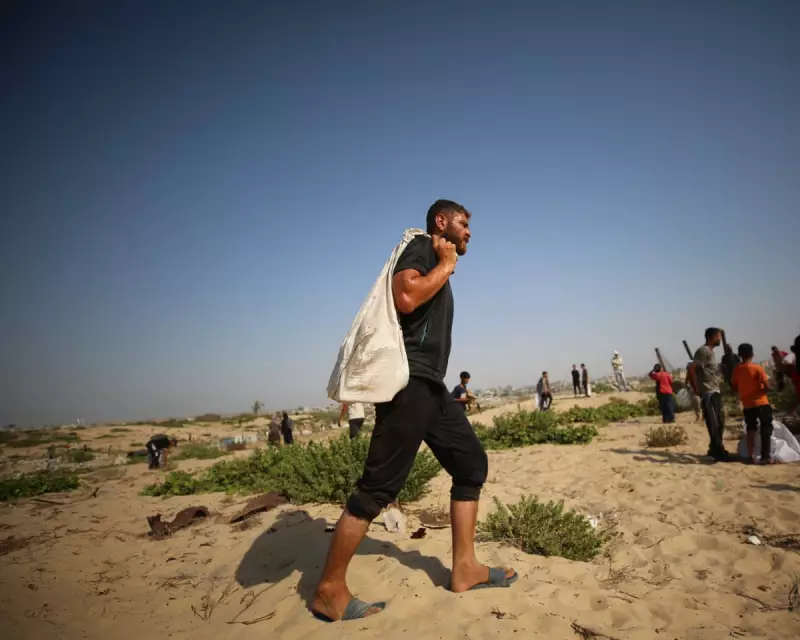
The Middle East is currently enduring one of the most brutal heatwaves in recent history, with nighttime temperatures reaching record highs. Meteorologists have reported that several cities across the region experienced their hottest nights ever, as the mercury refused to drop below alarming levels.
Experts warn that such extreme weather events are becoming more frequent due to climate change, putting millions at risk of heat-related illnesses. The scorching conditions have forced authorities to issue health advisories, urging residents to stay hydrated and avoid prolonged exposure to the sun.
Unbearable Nights
Unlike typical heatwaves, where temperatures cool slightly after sunset, this event has seen nighttime lows rivaling daytime highs. In some areas, thermometers barely dipped below 35°C (95°F), making sleep nearly impossible without air conditioning.
Impact on Daily Life
The extreme heat has disrupted daily routines, with many businesses altering operating hours to avoid the peak heat. Schools have been closed, and outdoor activities have been postponed indefinitely. Hospitals have reported a surge in cases of heatstroke and dehydration, particularly among the elderly and vulnerable populations.
Climate Change Connection
Scientists have long predicted that rising global temperatures would lead to more intense and prolonged heatwaves. The current situation in the Middle East serves as a stark reminder of the urgent need for global action to mitigate climate change.
As the heatwave shows no signs of abating, residents are bracing for more challenging days ahead. The world watches closely, as this event may foreshadow what other regions could face in the near future.





